Huye: Health Workers and Parents Learn Sign Language to Support Deaf Youth’s Health Needs
2 min read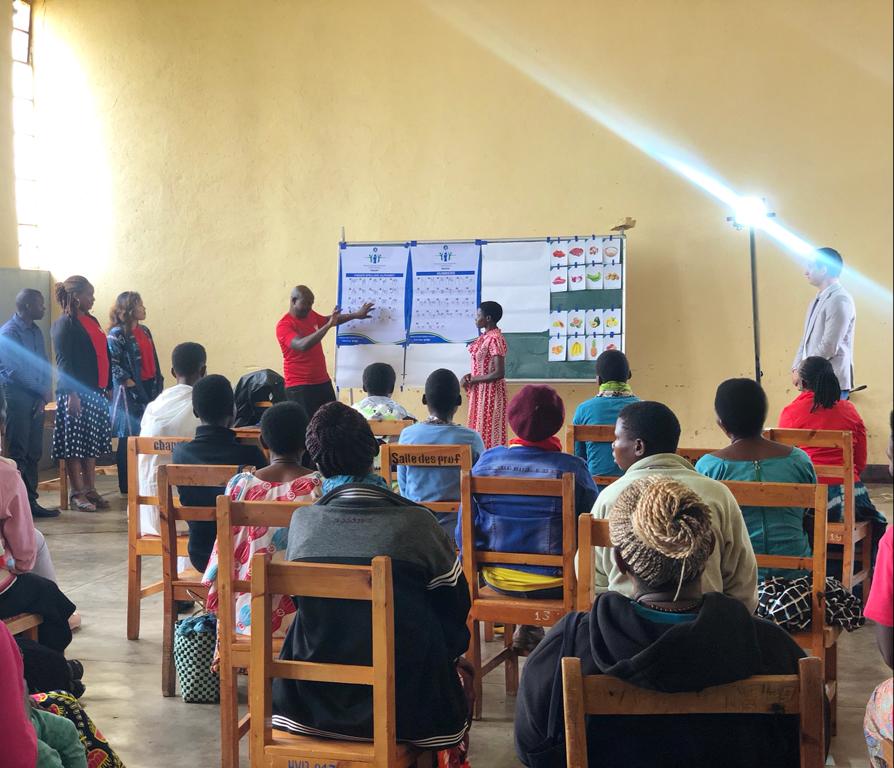
In a remarkable stride towards inclusivity and improved healthcare for the deaf community, the Rwanda National Association of Deaf Women (RNADW) has orchestrated an initiative, providing sign language training to parents of young deaf girls and health workers across three health centers in Huye district. The primary objective is to break down communication barriers, ensuring enhanced access to healthcare facilities and vital information, particularly concerning sexual health, which has posed a significant challenge in the daily lives of deaf individuals.
Nsabimana Hennry, a health worker from one of the participating health centers, shed light on the challenges they previously encountered. “Communication barriers with young deaf girls and their guardians were immense. It was challenging to provide adequate care or even have basic conversations. Learning sign language has been transformative; it has allowed us to bridge that gap and offer more comprehensive services,” Nsabimana emphasized.
RNADW’s activities align with their mission, furthered by educational campaigns, advocacy, and empowerment programs where they’ve conducted sign language workshops, engaged in lobbying efforts for recognition and support from the government, and actively partnered with healthcare institutions to expand sign language training.
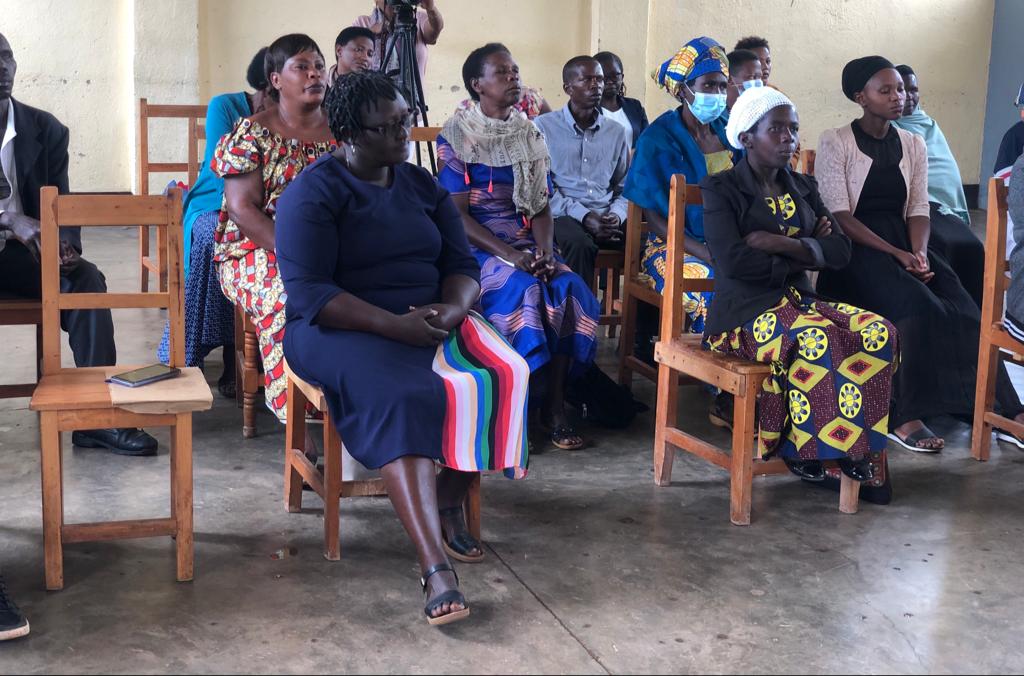
Kandama Jeanne d’arc, a mother whose child faced difficulties due to communication barriers, shared her relief after the initiative. “It was heartbreaking to see my child struggle to express her daily challenges, especially regarding menstruation and hygiene. The Rwanda National Association of Deaf Women’s initiative has been a blessing; now, my daughter can communicate freely, and it’s a huge relief for both of us,” Kandama expressed gratefully.
Uzabakiriho Jean Pierre, the clinical lead at Kabutare Hospital, acknowledged past difficulties due to communication gaps with deaf patients. “Inappropriate services were provided to deaf young girls and others due to communication barriers. With our workers now trained in sign language, we can better assist the deaf community. Expanding this training across health centers would immensely support both health workers and the deaf community,” Uzabakiriho emphasized, advocating for widespread sign language education among healthcare professionals.
Mukashema Dativa, the Executve Director of Rwanda National Association of Deaf Women, highlighted the significance of addressing the critical issue impacting the well-being of young deaf girls, particularly their sexual health. “Our efforts aim to alleviate the struggles faced by these individuals, but our current resources are limited in reaching a larger population. We urge the Rwandan government’s support in making sign language an official language, training personnel across various sectors, and recognizing the capabilities of the deaf community,” Mukeshimana emphasized.
The RNADW’s initiative stands as a beacon of hope for better inclusivity and healthcare access for the deaf community. However, to achieve a more comprehensive impact, further support and recognition from the government are crucial. Making sign language an official language and providing training to individuals in diverse positions will not only assist deaf individuals seeking aid but also foster a more inclusive and supportive society for all.
Mukantwari Magnifique
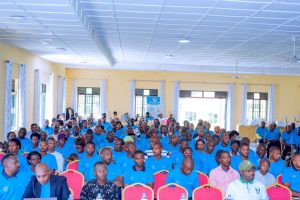
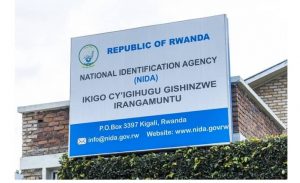

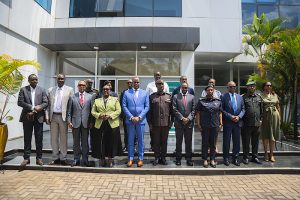
Ko ntabona aho bakanda to like? Mumfashe.
Munsi y’inkuru harahari